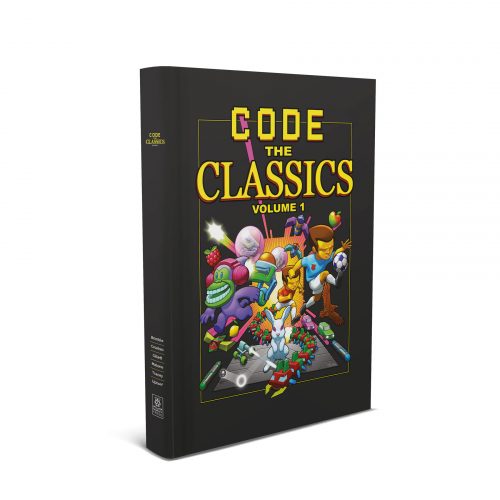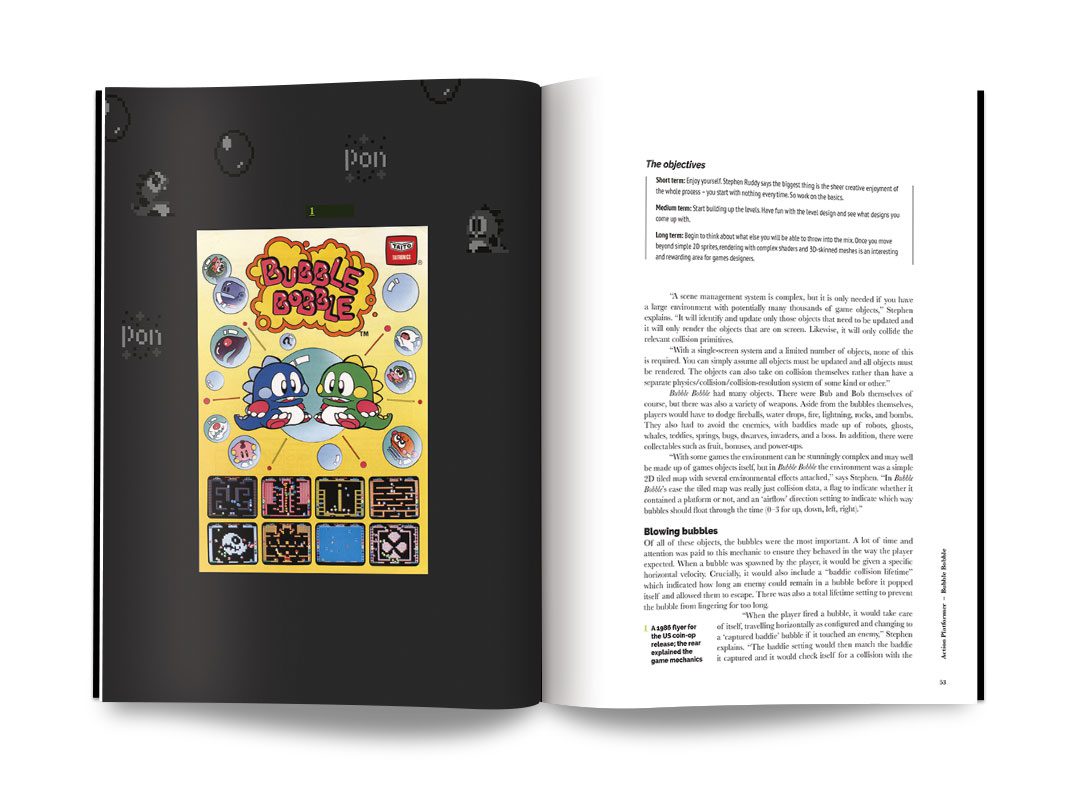Schlagwort: PyGame
-

Code the Classics on sale now
Reading Time: 4 minutesTL;DR: we made a fully automated luxury gay space communist type-in-listing book. Buy it now and get it in time for Christmas. Back in the dawn of time, in the late 1980s, I grew up on a diet of type-in computer game listings. From the BBC Micro User Guide, to The Micro…
-

Pre-order Code the Classics today!
Reading Time: 2 minutesToday, we are proud to announce Code the Classics, the latest (and long-awaited) publication from Raspberry Pi Press. Pre-order Code the Classics today Subscribe to our YouTube channel: http://rpf.io/ytsub Help us reach a wider audience by translating our video content: http://rpf.io/yttranslate Buy a Raspberry Pi from one of our Approved Resellers: http://rpf.io/ytproducts…
-

The Fisher Piano: make music in the air
Reading Time: 2 minutesPiano keys are so limiting! Why not swap them out for LEDs and the wealth of instruments in Pygame to build air keys, as demonstrated by Instructables maker 2fishy? Raspberry Pi LED Light Schroeder Piano – Twinkle Little Star Raspberry Pi LED Light Schroeder Piano – Twinkle Little Star Keys? Where we’re…


